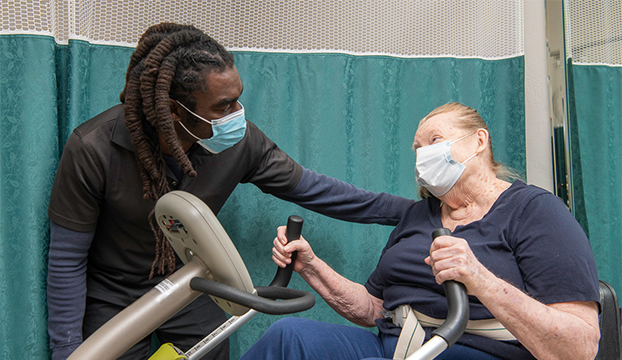Enhancing Efficiency and Reducing Harm Risk via Comprehensive Evaluation of Balance and Stability through Functional Mobility Assessment.
Enhancing Efficiency and Reducing Harm Risk via Comprehensive Evaluation of Balance and Stability through Functional Mobility Assessment.
Blog Article
Balance and stability are crucial elements of bodily wellness and general health. They serve a vital part in everyday activities, sports capability, and injury prevention. When an individual has strong equilibrium and stability, they are less likely to fall or incur injuries during physical activities. One effective way to assess these attributes is through Practical Motion Assessment (FMS). FMS is a method used to evaluate motion patterns and recognize imbalances or weaknesses that could lead to injuries.
Functional Movement Screening involves a series of specific tests that examine how well a person moves. The tests focus on fundamental movements such as squatting, lunging, and bending. By observing these movements, trainers and healthcare professionals can determine areas where an person may struggle. For instance, if someone has difficulty maintaining balance while performing a squatting, it may suggest a need for specific workouts to enhance power and control. This evaluation not only detects deficiencies but also helps to monitor advancement over a period.
In addition to this to identifying areas for enhancement, FMS serves a crucial part in preventing from this source injuries. Many injuries occur as a consequence of inadequate motion patterns, which can be detected through functional assessments. By tackling these problems early on, people can reduce their risk of injury during sports or other bodily exercises. For example, a runner who demonstrates an imbalance in their gait may be increasingly susceptible to leg injuries. By correcting these imbalances through targeted exercise programs, the chance of injury can be significantly reduced.
Additionally, improving capability is another benefit of conducting a comprehensive evaluation of equilibrium and stability. Athletes and engaged persons often seek to improve their performance in specific sports or exercises. A comprehensive understanding of their motion patterns allows trainers to create customized training regimens that focus on particular deficiencies. By improving balance and steadiness, sportspeople can enhance their look here overall capability, whether it’s jogging faster, jumping taller, or performing precise movements in their activity.
In summary, the importance of assessing equilibrium and steadiness through Functional Motion Assessment cannot be overstated. This comprehensive evaluation serves as a basis for improving bodily fitness, preventing harm, and improving athletic capability. By recognizing areas of weakness and implementing specific training approaches, individuals can attain better outcomes in their physical exercises. Focusing on balance and steadiness not only results to improved capability but also adds to a healthier, increasingly energetic lifestyle.